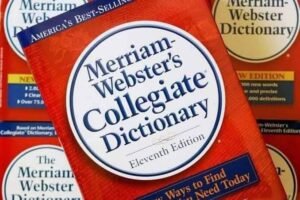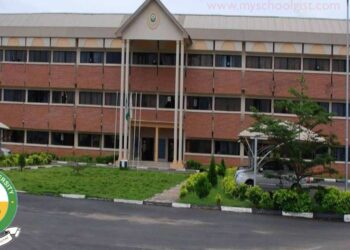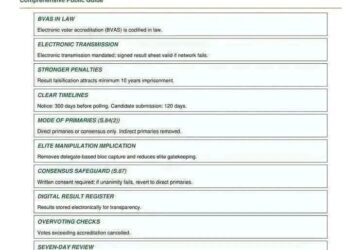1. Born in 1758: Noah Webster was born on October 16, 1758, in West Hartford, Connecticut.
2. Yale Graduate: He graduated from Yale College in 1778 during the American Revolutionary War.
3. Taught in Rural Schools: Webster started his career as a teacher in one-room schoolhouses, which inspired his education reforms.
4. Published the Blue-Backed Speller: His “Blue-Backed Speller” taught millions of American children how to read and spell for over a century.
5. Advocated for Education Reform: He pushed for universal education and believed a nation’s success depended on an educated citizenry.
6. Language Nationalist: He saw American English as a symbol of national identity and unity.
7. Studied 26 Languages: Webster learned many languages to trace word origins accurately for his dictionary work.
8. First American Dictionary: In 1828, he published An American Dictionary of the English Language, containing 70,000 words.
9. Spelling Reformer: He simplified English spellings—turning colour into color, theatre into theater, etc.
10. Believed in a Moral Society: He infused his educational materials with moral and civic lessons.
11. Opposed Slavery: He was an early anti-slavery voice and used his writings to advocate for abolition.
12. Wrote Textbooks: Beyond dictionaries, he authored grammar, reading, and history textbooks for schools.
13. Founded the American Minerva: He launched New York City’s first daily newspaper in 1793.
14. Work Outlived Him: After his death in 1843, the Merriam brothers acquired the rights to his dictionary and continued publishing it.
15. Father of American Scholarship: His efforts earned him the title “Father of American Scholarship and Education.”




















































































 EduTimes Africa, a product of Education Times Africa, is a magazine publication that aims to lend its support to close the yawning gap in Africa's educational development.
EduTimes Africa, a product of Education Times Africa, is a magazine publication that aims to lend its support to close the yawning gap in Africa's educational development.